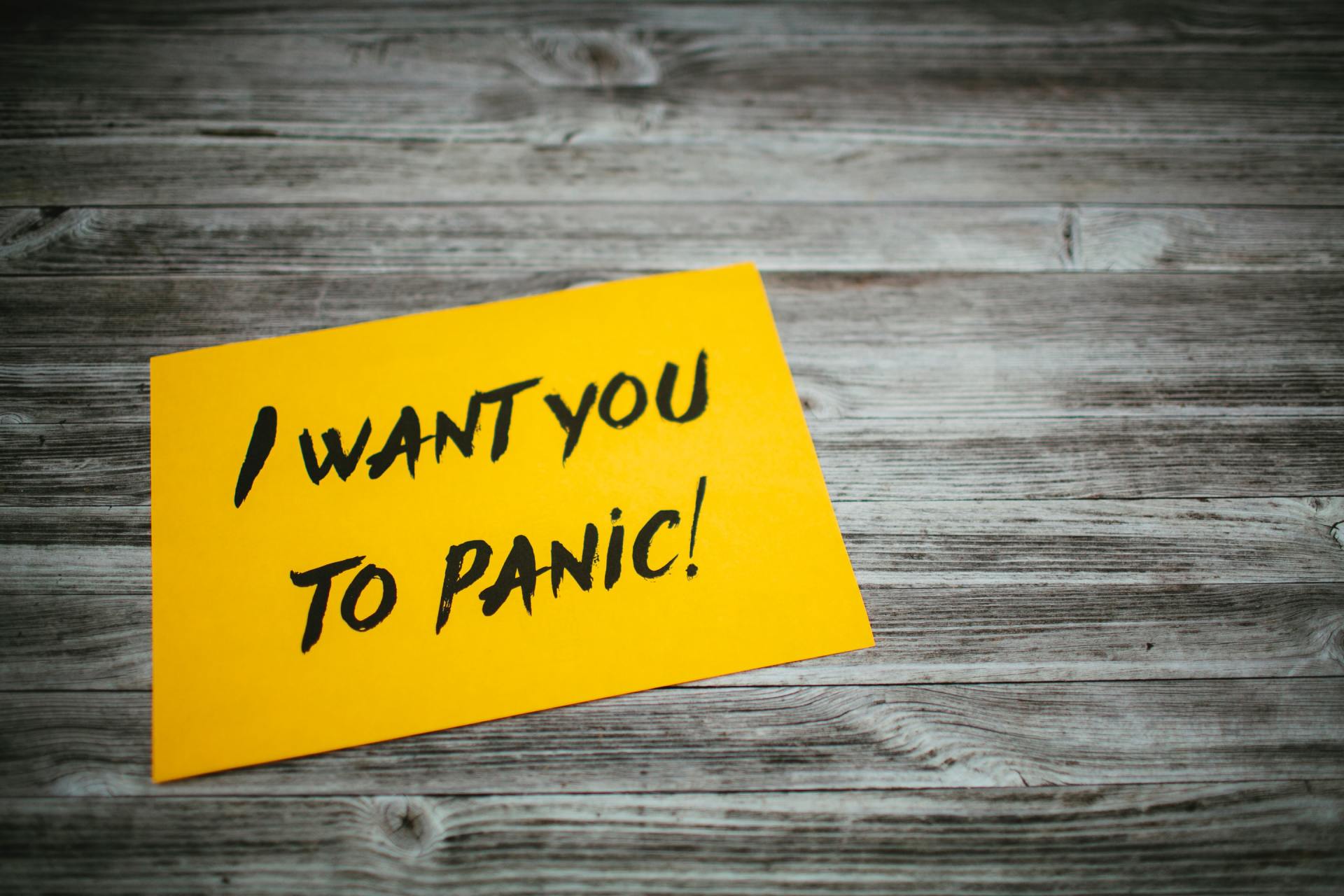The Importance of Fear In Public Health Compliance in the COVID-19 Pandemic
Franco Greco • April 13, 2020
Recent research shows that functional fear predicts public health compliance and shows the importance of negative emotions and its role in coping during the pandemic.

In the current context of the global pandemic of coronavirus disease-2019 (COVID-19), health professionals are working with social scientists to inform government policy on how to slow the spread of the virus.
An increasing amount of social scientific research has looked at the role of public message framing, for instance, but few studies have thus far examined the role of individual differences in emotional and personality-based variables in predicting virus-mitigating behaviors.
In a study by Harper, Satchell, Fido & Latzman (2020) from Nottingham Trent University, people were recruited in a large international community sample (N= 324).
The participants completed measures of self-perceived risk of contracting COVID-19, fear of the virus, moral foundations, political orientation, and behavior change in response to the pandemic.
What they Found and Key Learnings
Consistently, the only predictor of positive behavior change (e.g., social distancing, improved hand hygiene) was fear of COVID-19, with no effect of politically-relevant variables.
These findings, situated within the larger literature pertaining to the often times adaptive nature of the experience of negative emotions, raise serious concerns with efforts to identify ‘mental health issues’ associated with strong emotional responses, which, for the majority of individuals, are both normative and protective.
That is, for most individuals, the anxious responses being assessed in this study may represent a normal and adaptive response to a real and present danger, that one cannot fight or flee from, within the environment (i.e., the COVID-19 pandemic).
Those working in the mental health field should be sensitive to the context in which behaviors emerge, especially when these behaviors exist in a culture of preparedness for coping with the new cultural and governmental demands that may be critical for personal and family survival.
Notwithstanding the above, it is important for mental health professionals to be attentive to the needs of individuals for whom highly emotional responses to the current pandemic, coupled with pre-existing risk factors (e.g., those with a history of mental illness), may result in pathological levels of negative emotions and related behaviors.
Indeed, increased and prolonged exposure to a community crisis, like the pandemic we are currently experiencing, has been found to result in increased maladaptive levels of anxiety leading to unnecessary behaviors associated with increased levels of impairments within individuals as well as overburdening of community resources.
Overall, the study highlights that mental health professionals have an important role to play in supporting the well-being of the public in this current time. However, it is not clear how this work is supported by the classification of rational concerns about a pandemic and the labelling of functional ‘fear’ as a psychological issue.
In Summary
The study has shown how ‘fear’ may be a normal and, crucially, functional response within this context. Specifically measures of ‘fear’ toward the new virus, consistently predicted engaging in culturally and governmentally recommended public health behaviors (e.g., improved hand hygiene and social distancing).
In light of this, it is argued by the researchers that mental health professionals would be mindful to consider the context within which negative emotional states are experienced before considering whether such emotional states are necessarily pathological.
Further, and in spite of the increasingly polarized nature of our political landscape, they found that politically relevant outcomes (i.e., self-identified orientation, and the endorsement of moral foundations) were unrelated to behavior change.
These non-significant effects highlight how universal polarization in social responses between political groups is not inevitable, and that there are some issues that unite us, rather than divide. Just as other (inter)national crises have previously brought people together, it seems that the COVID-19 pandemic has the potential to do the same, and bring people of opposing political positions together in a sense of common humanity.
References
Harper, C. A., Satchell, L., Fido, D., & Latzman, R. (2020, April 1). Functional fear predicts public health compliance in the COVID-19 pandemic. https://doi.org/10.31234/osf.io/jkfu3
Office Hours
Wednesday: 9am - 6pm
CONTACT ME TODAY
Thursday: 9am - 6pm
Friday: 9am - 6pm
or
SCHEDULE AN APPOINTMENT
